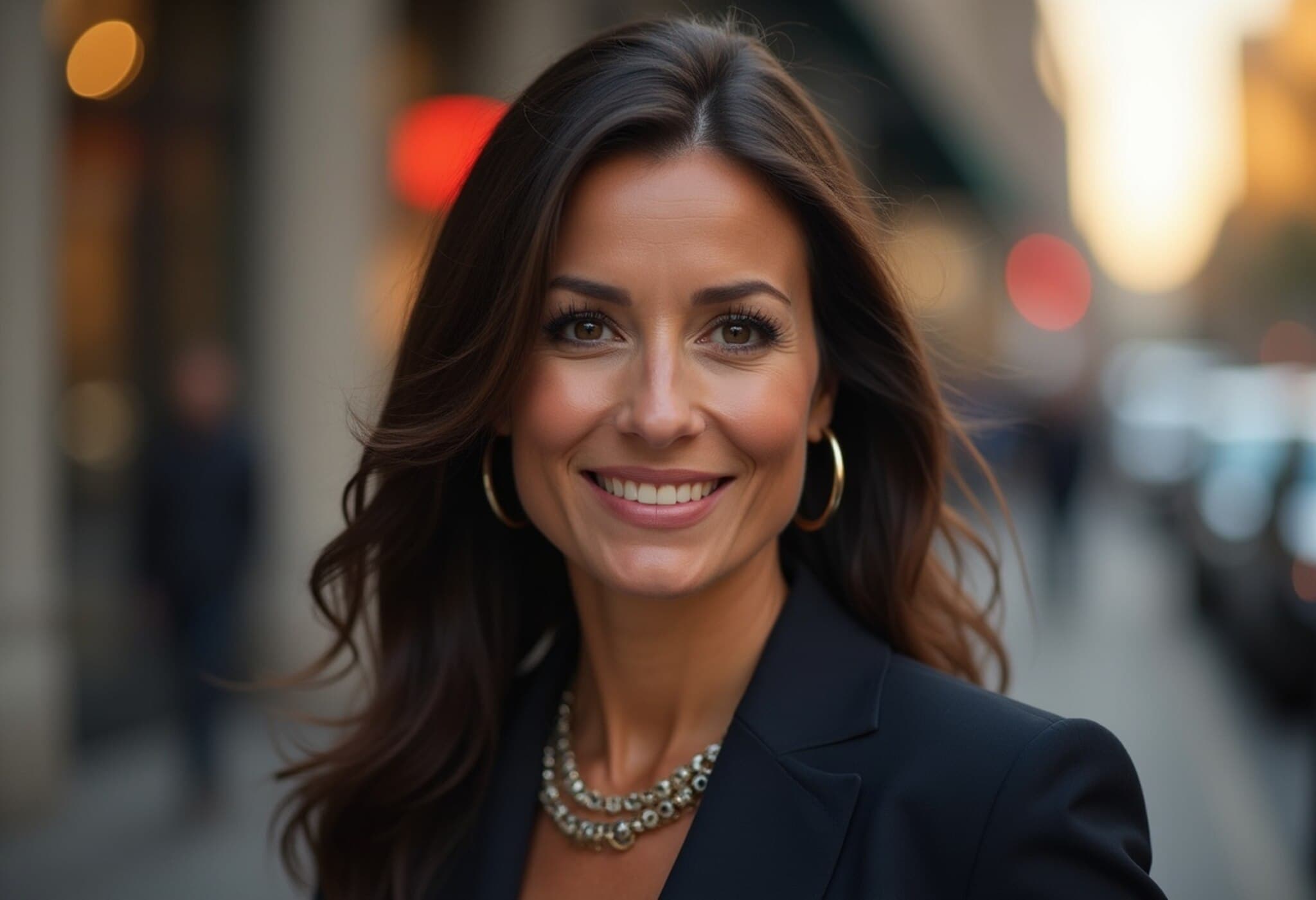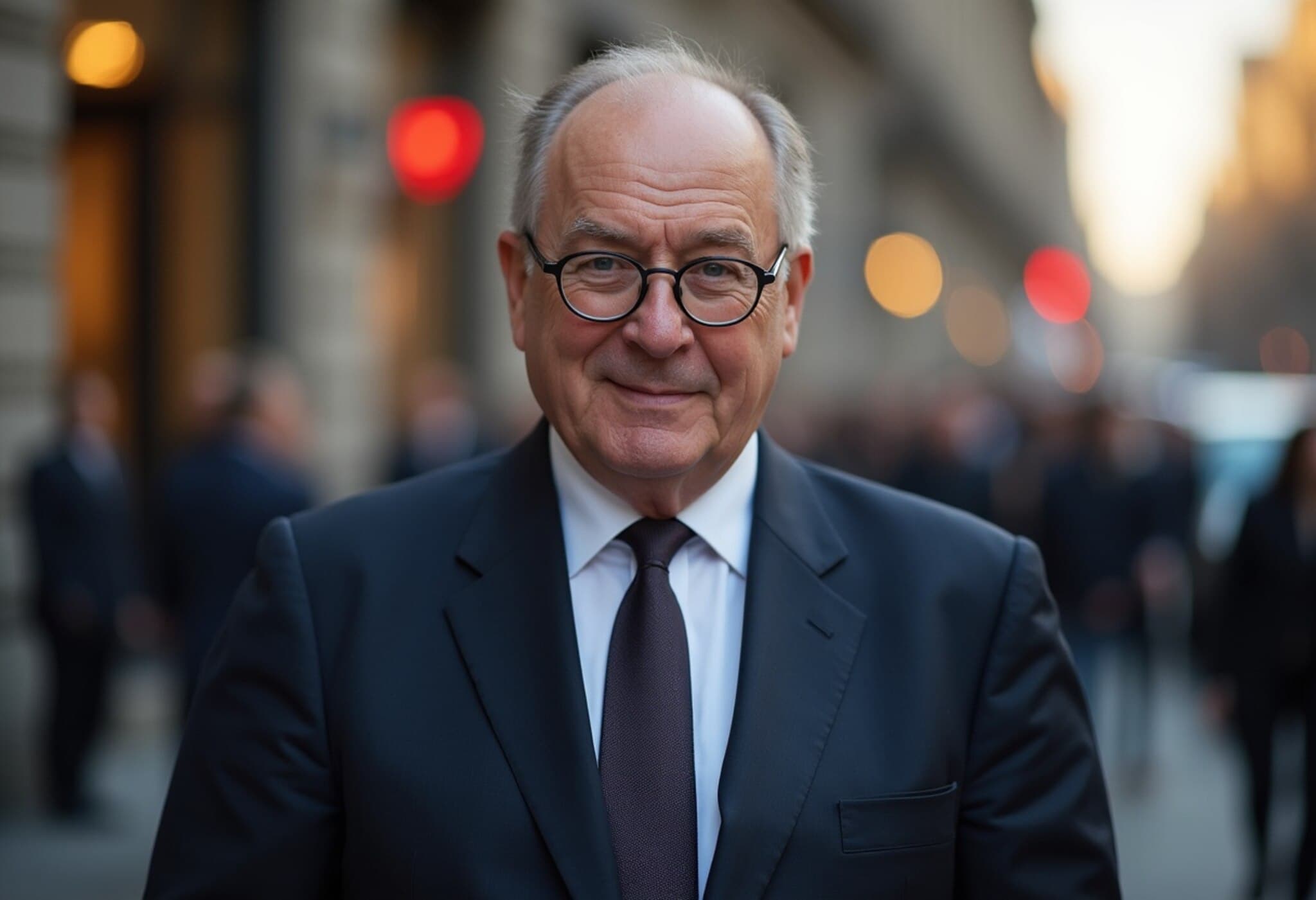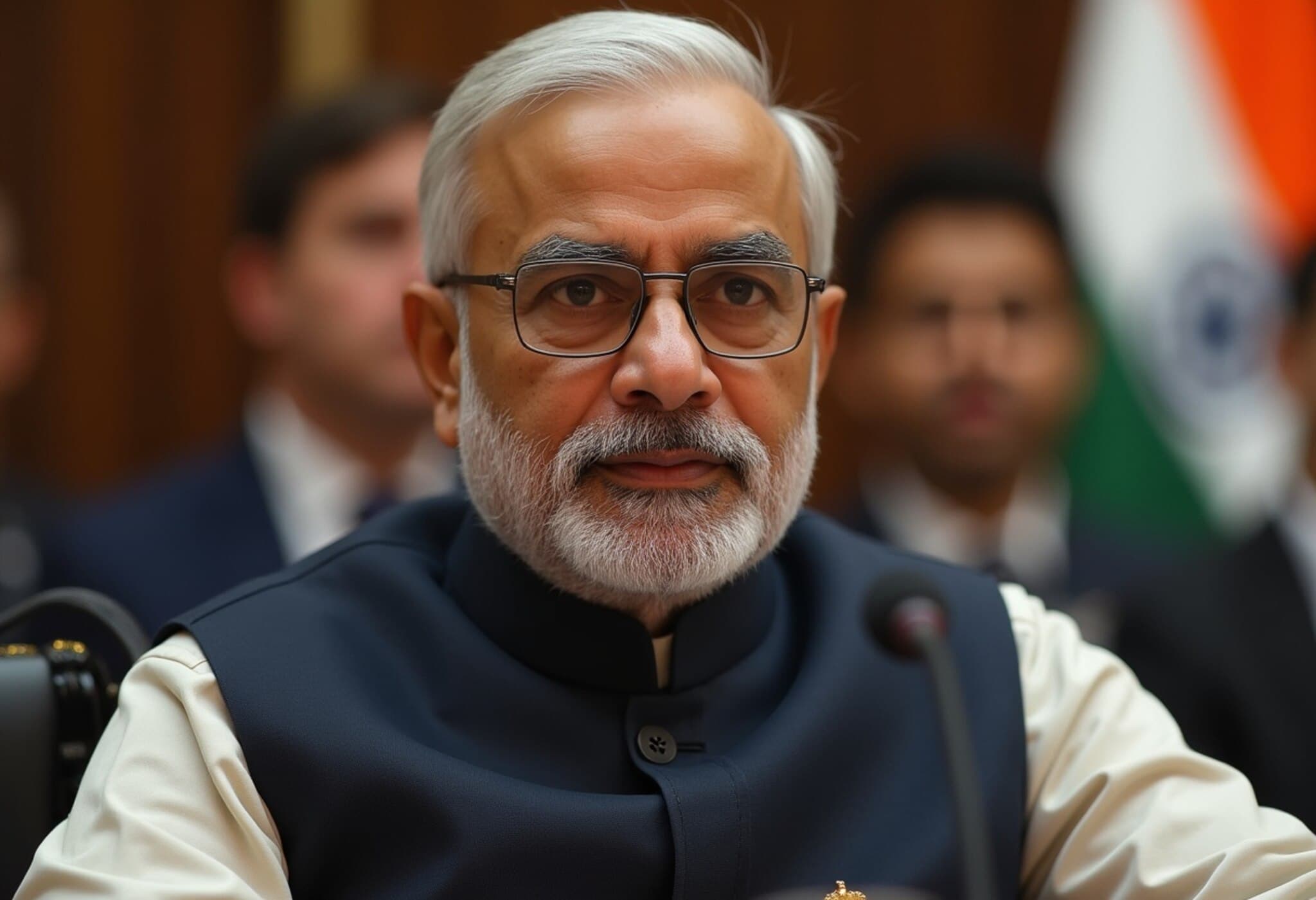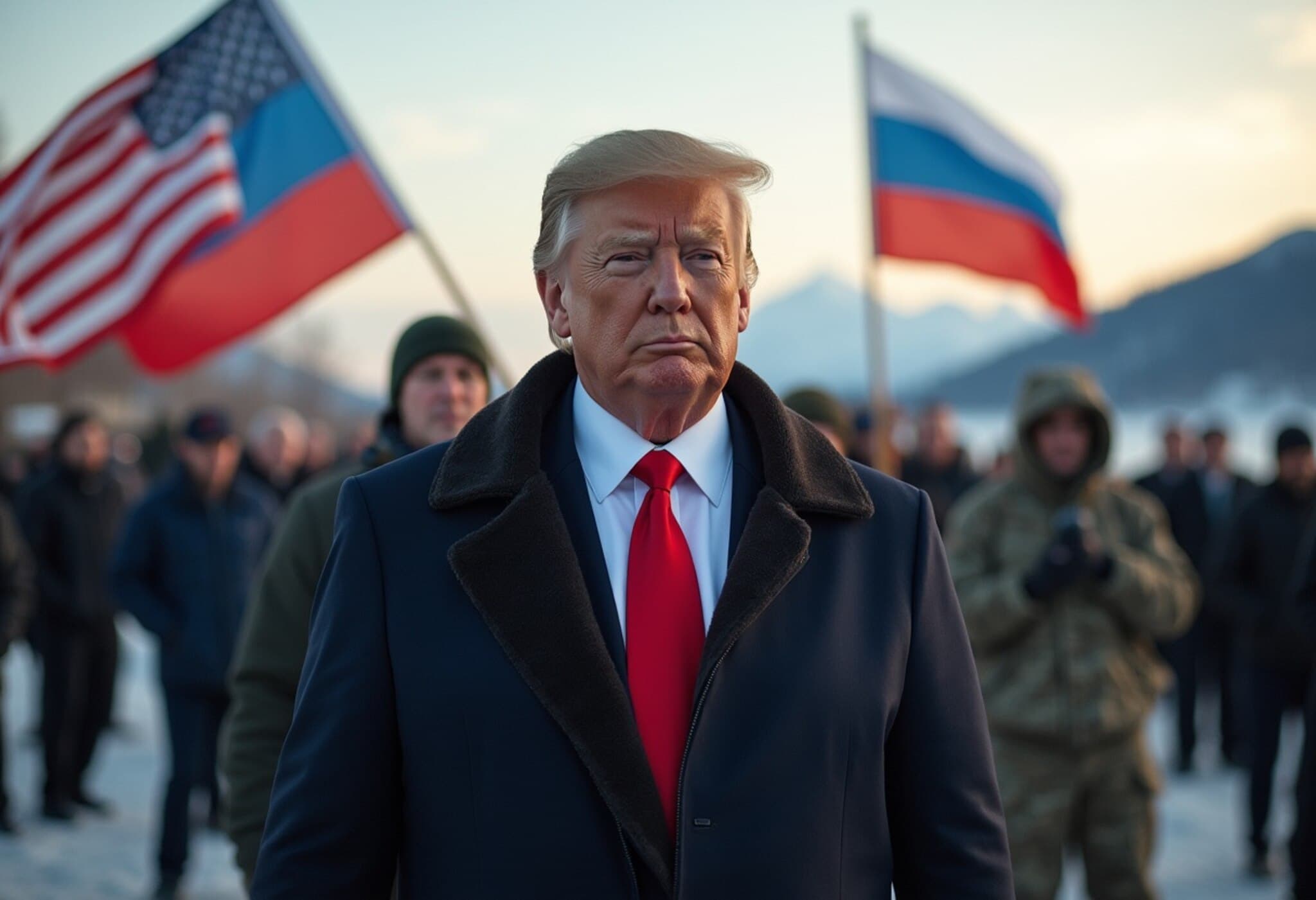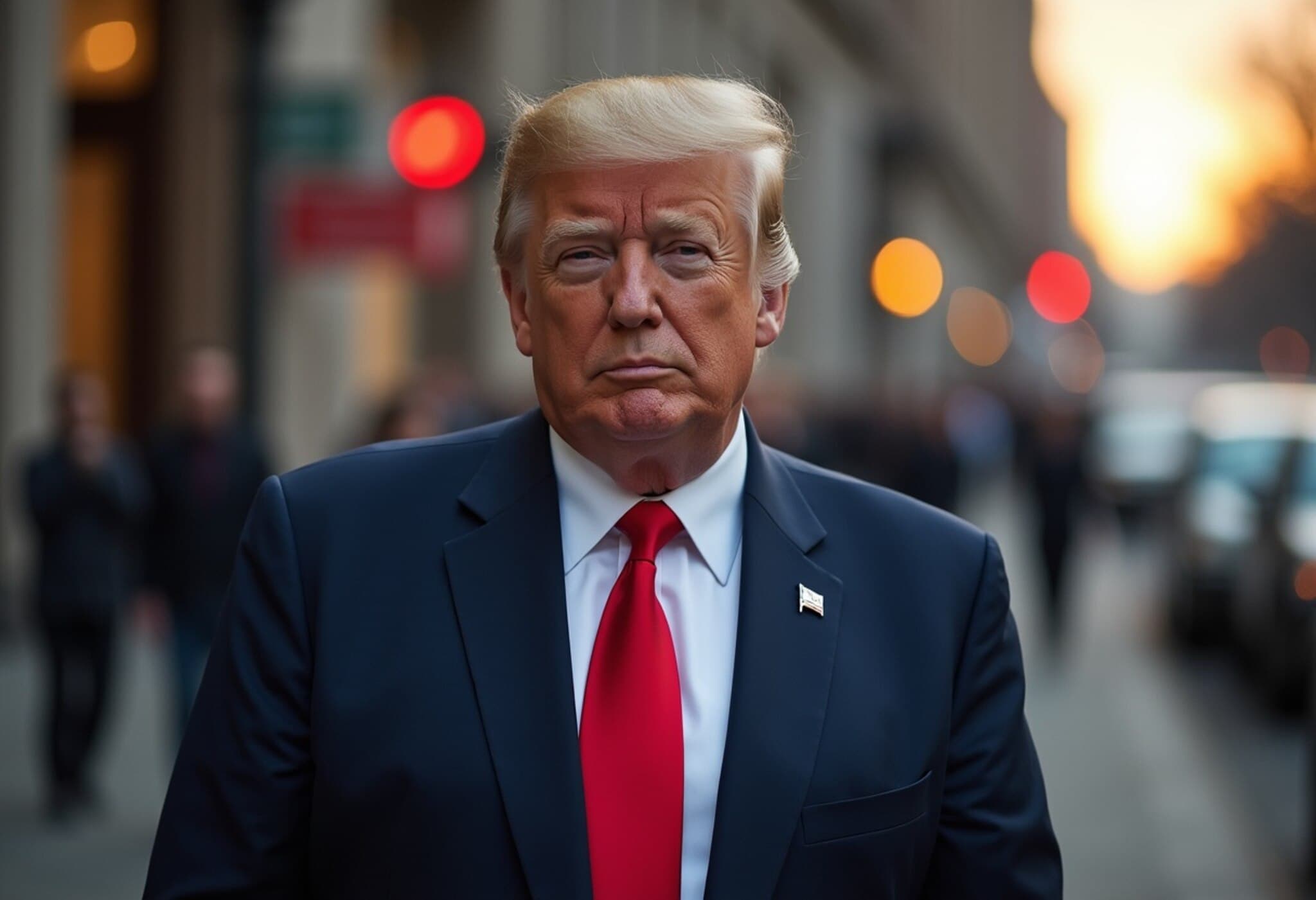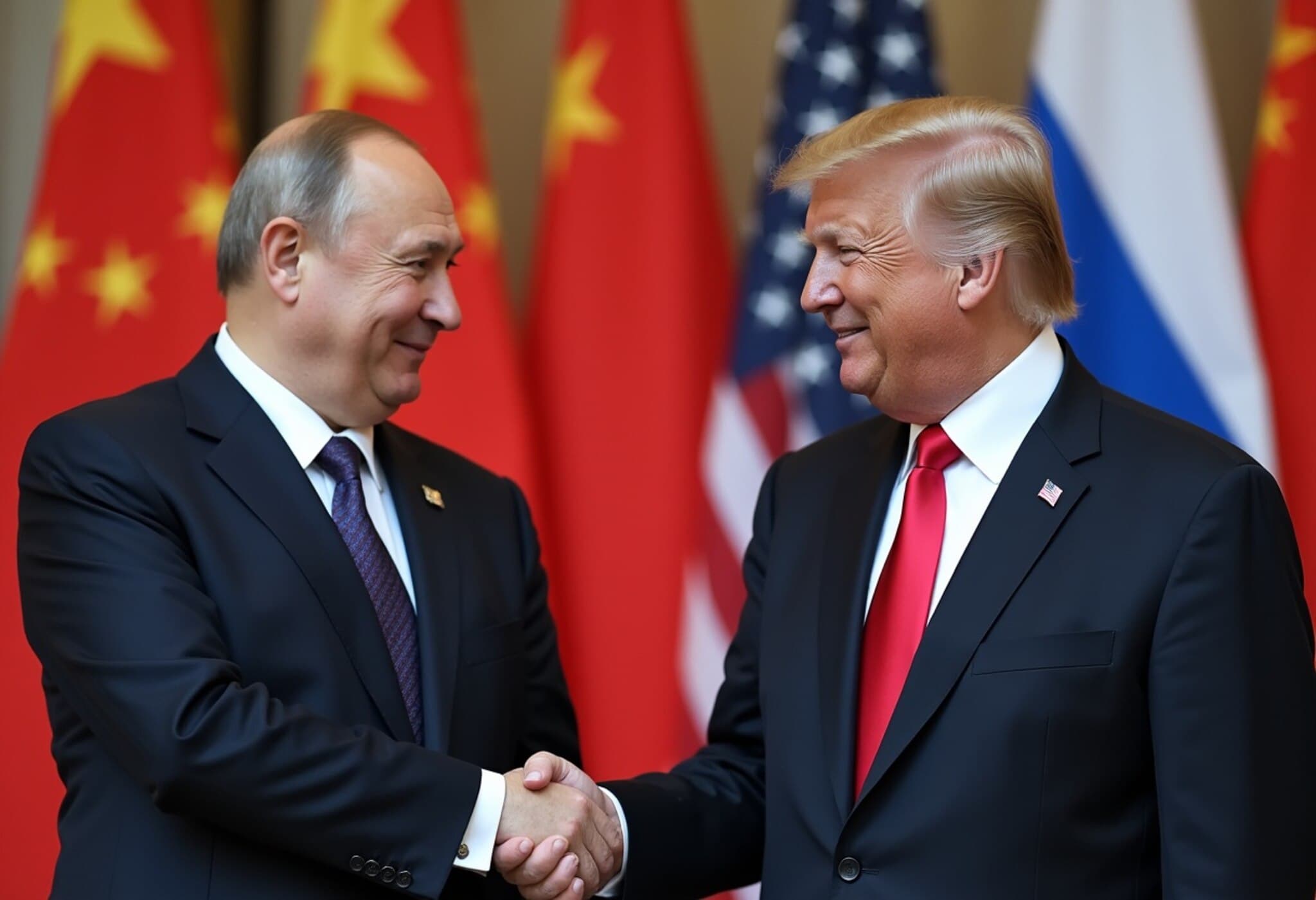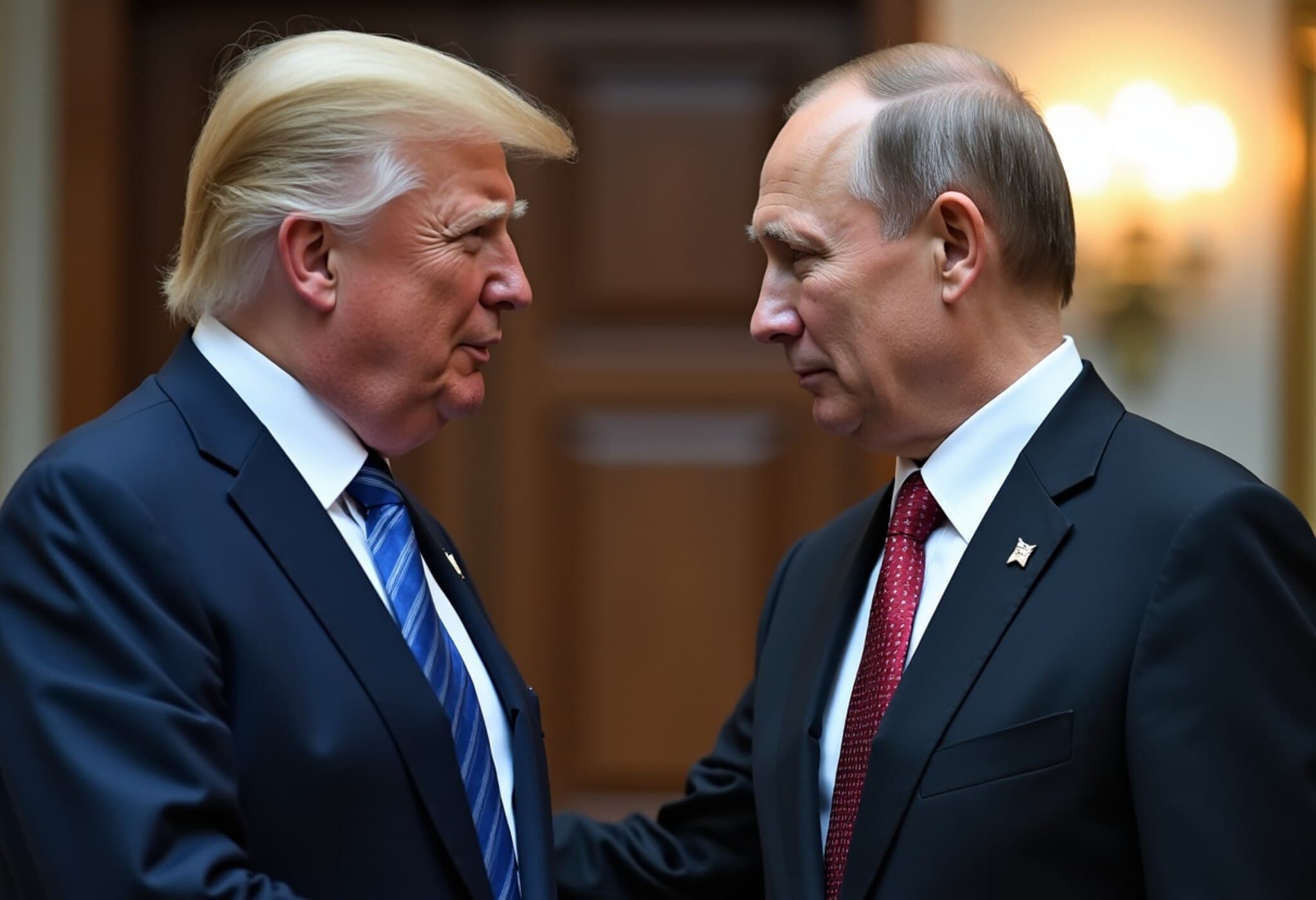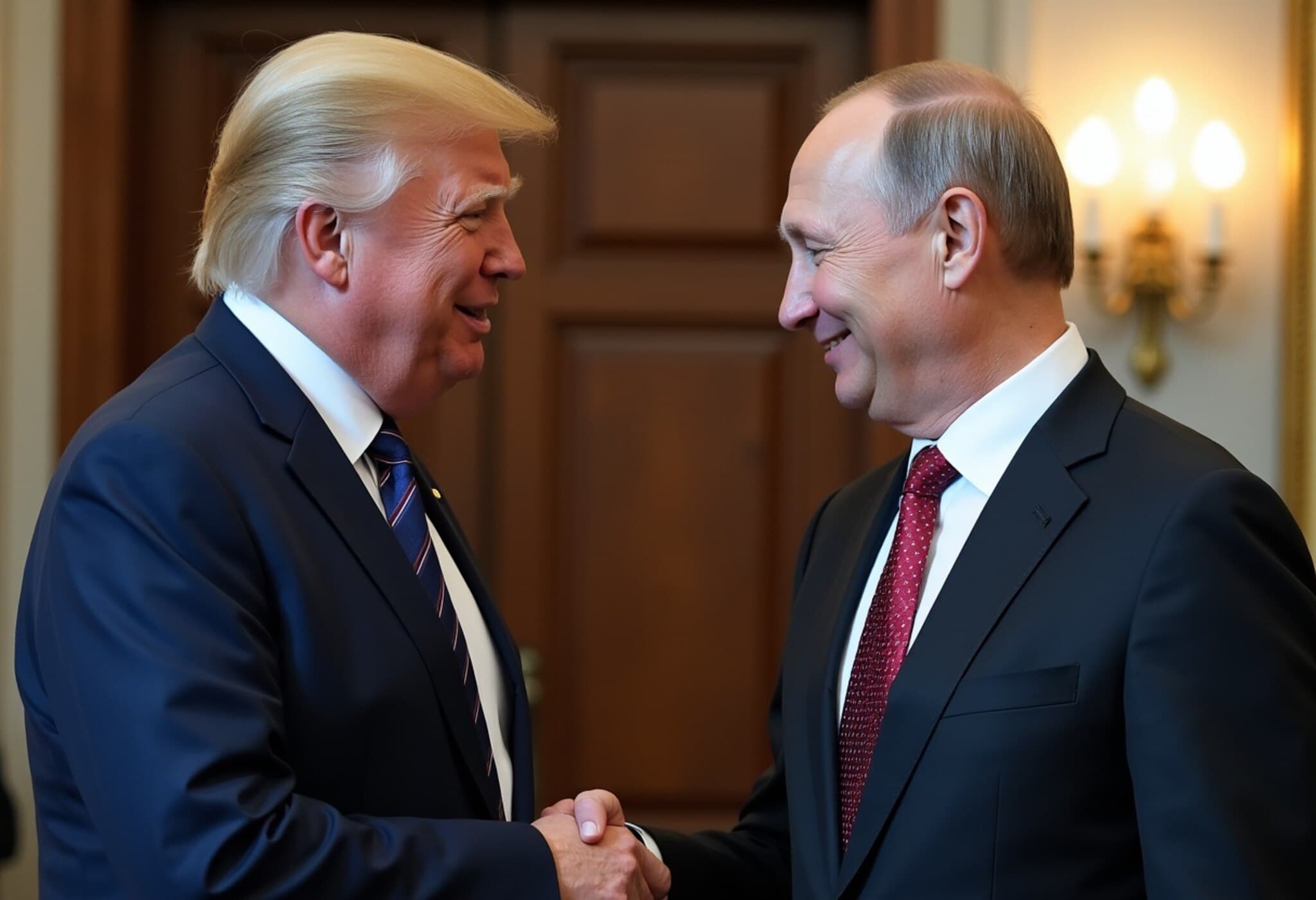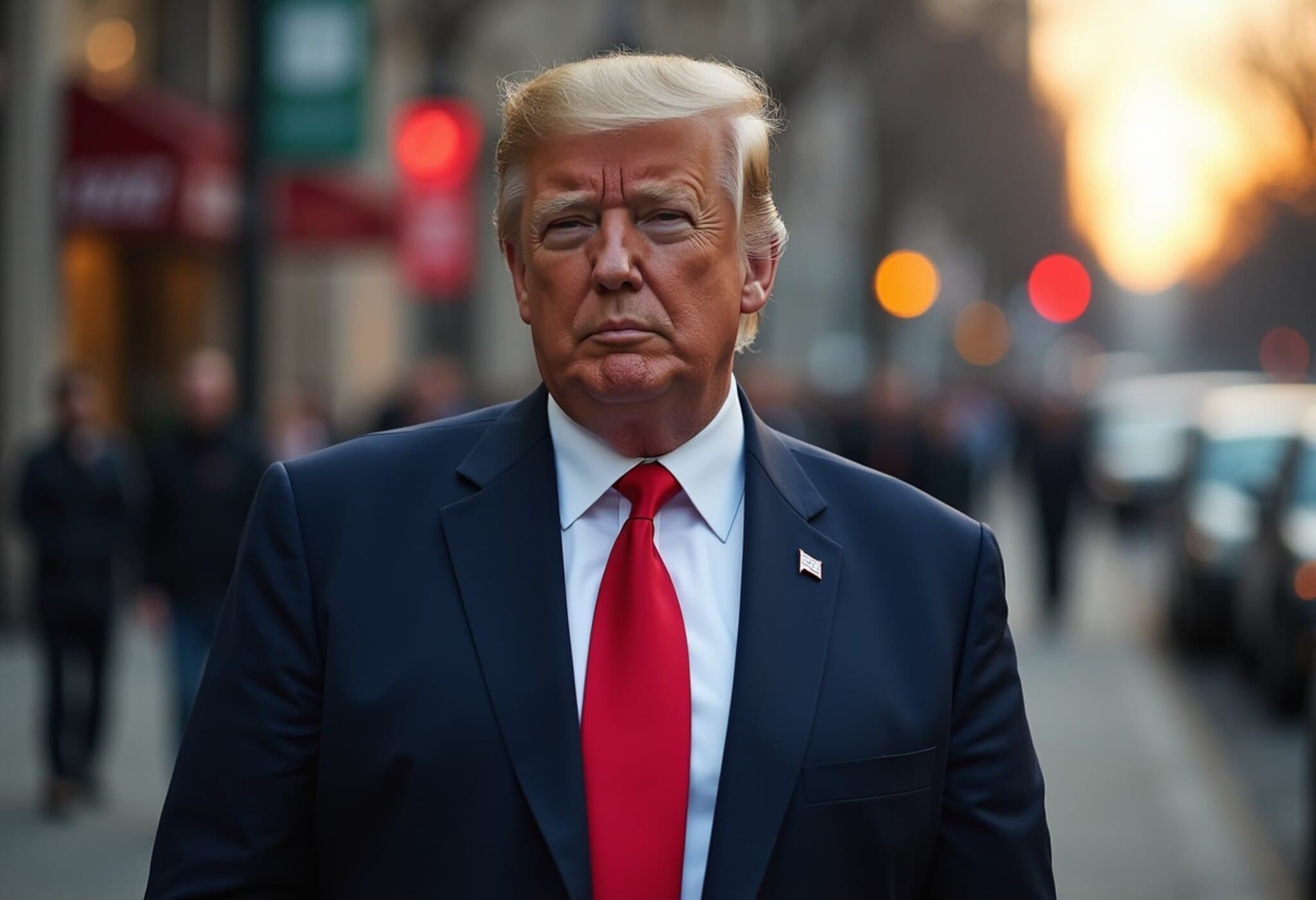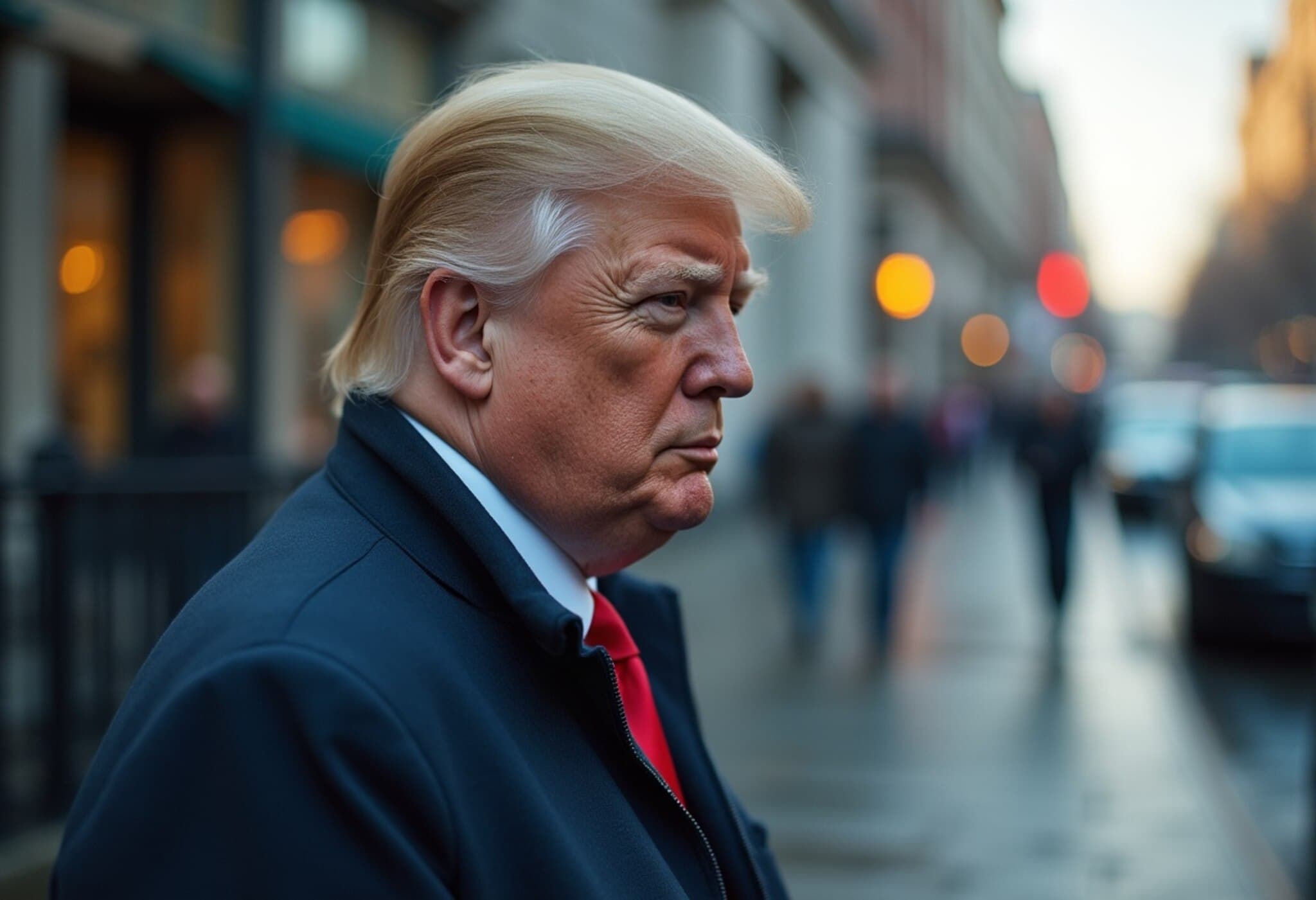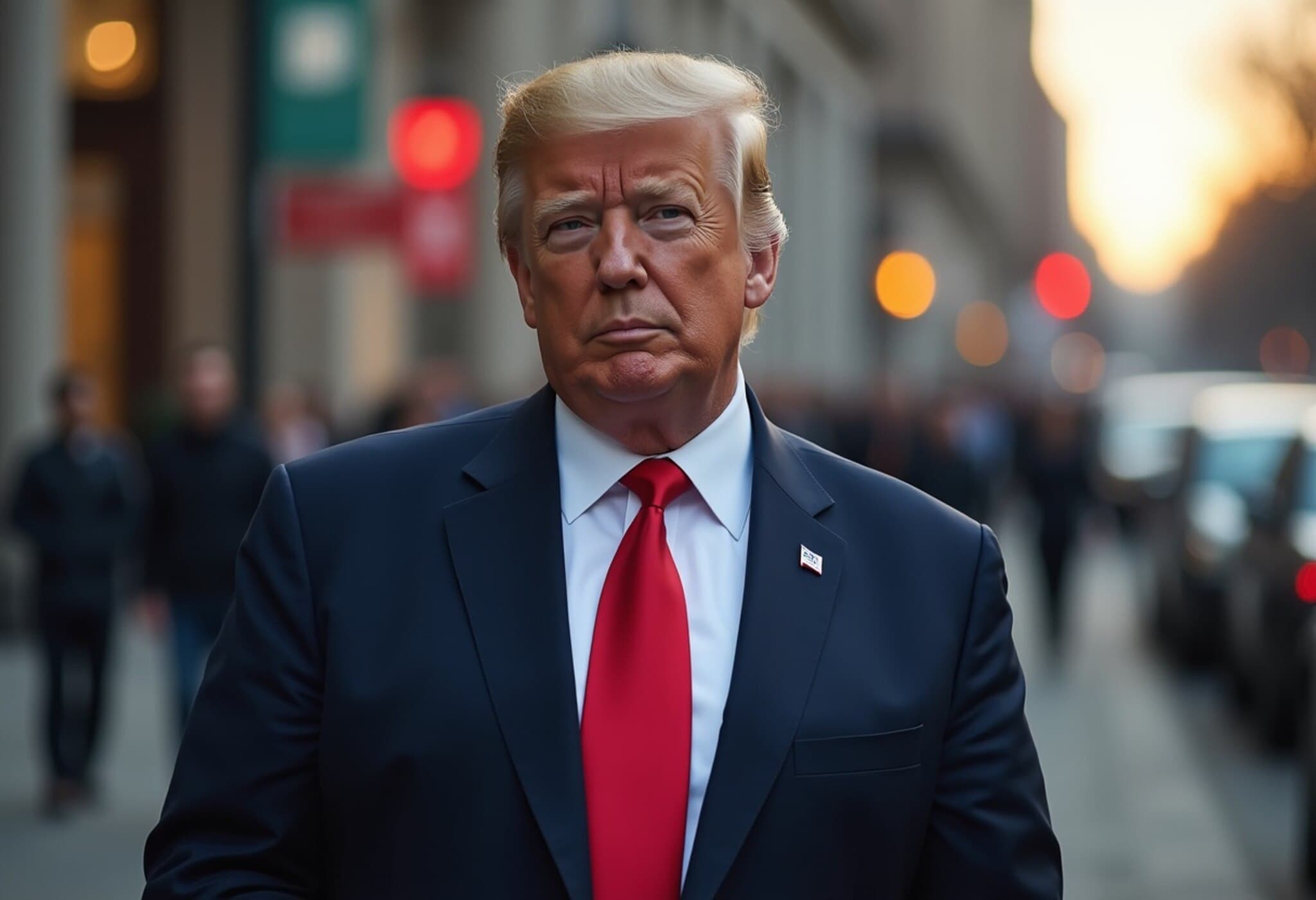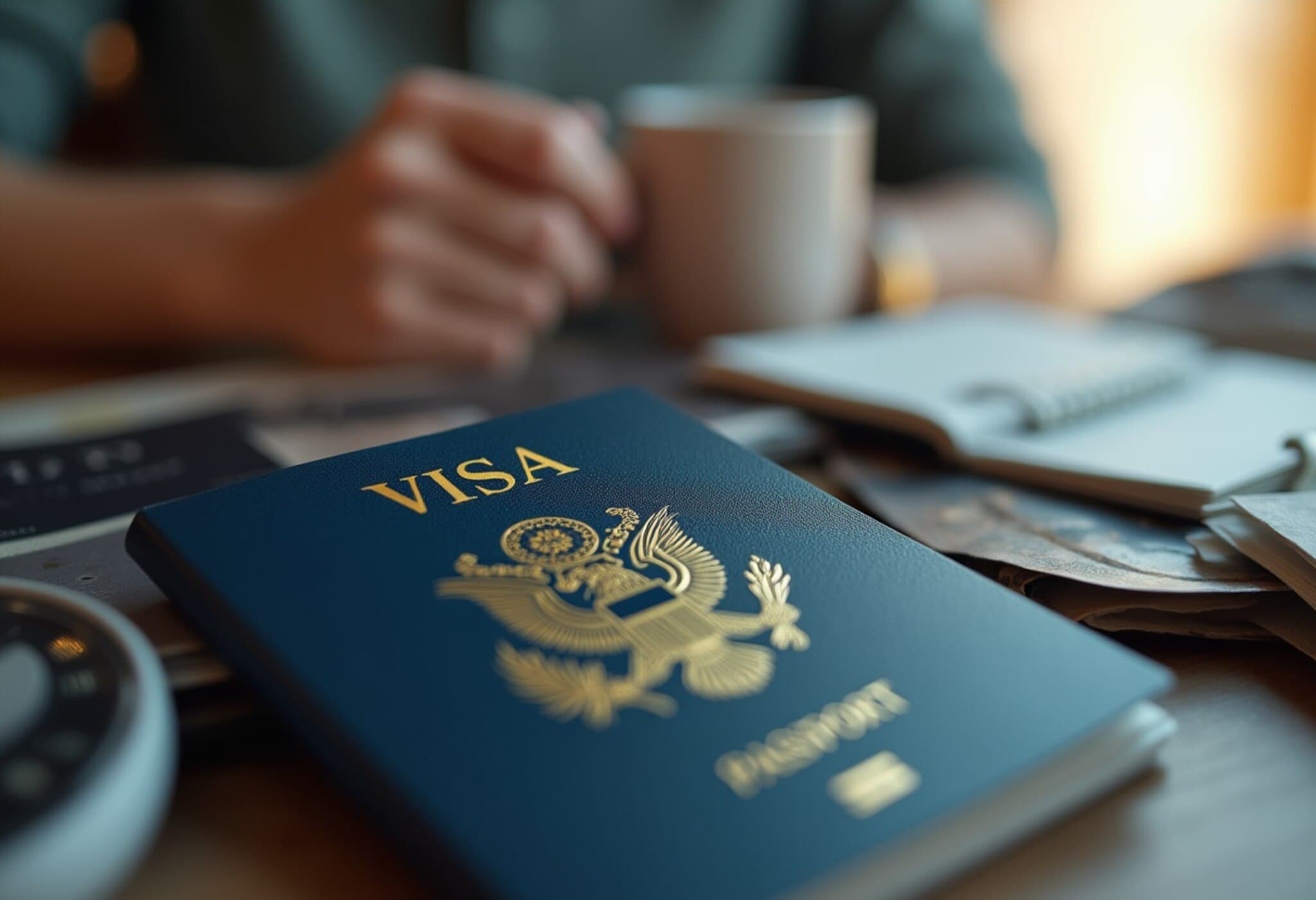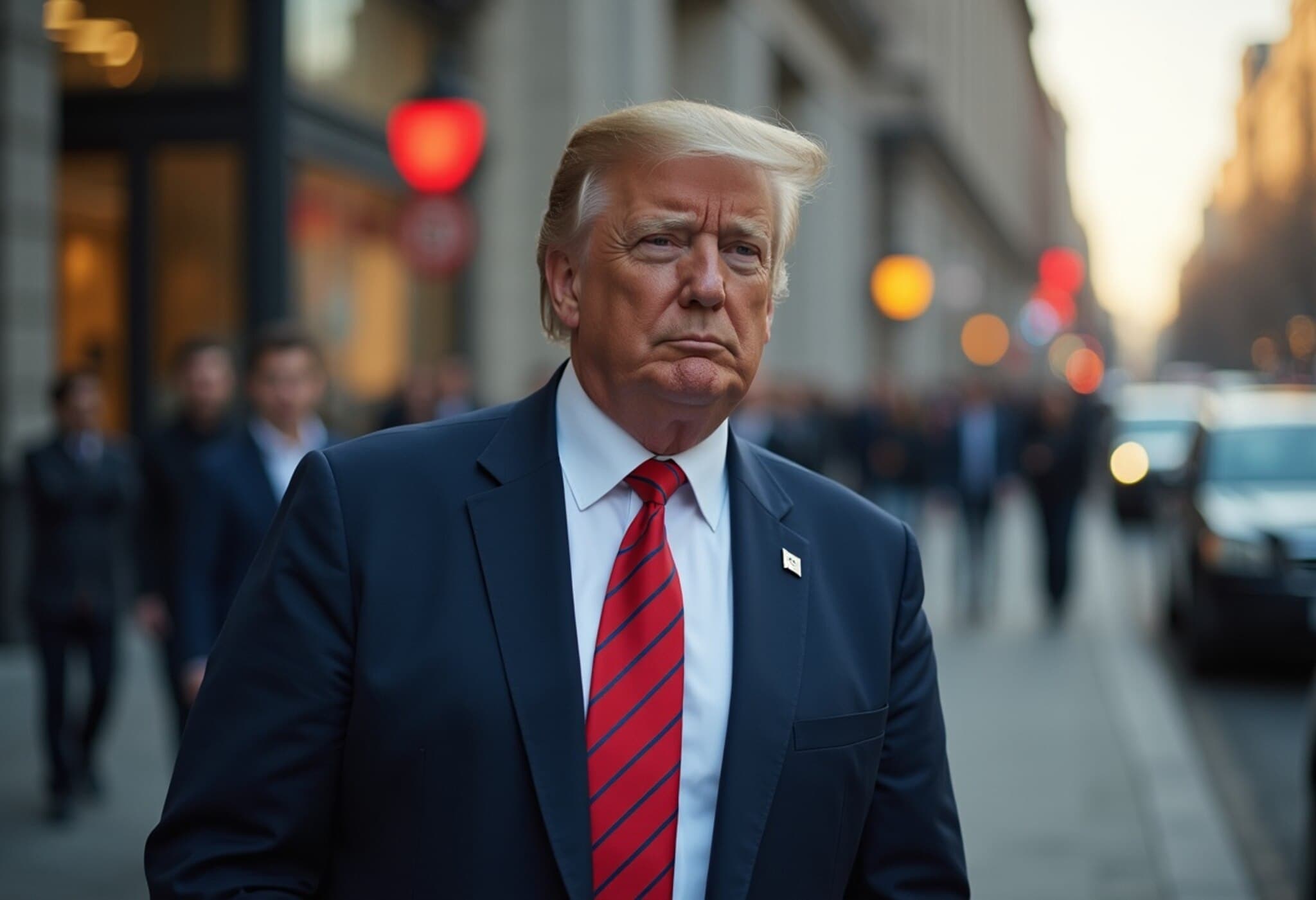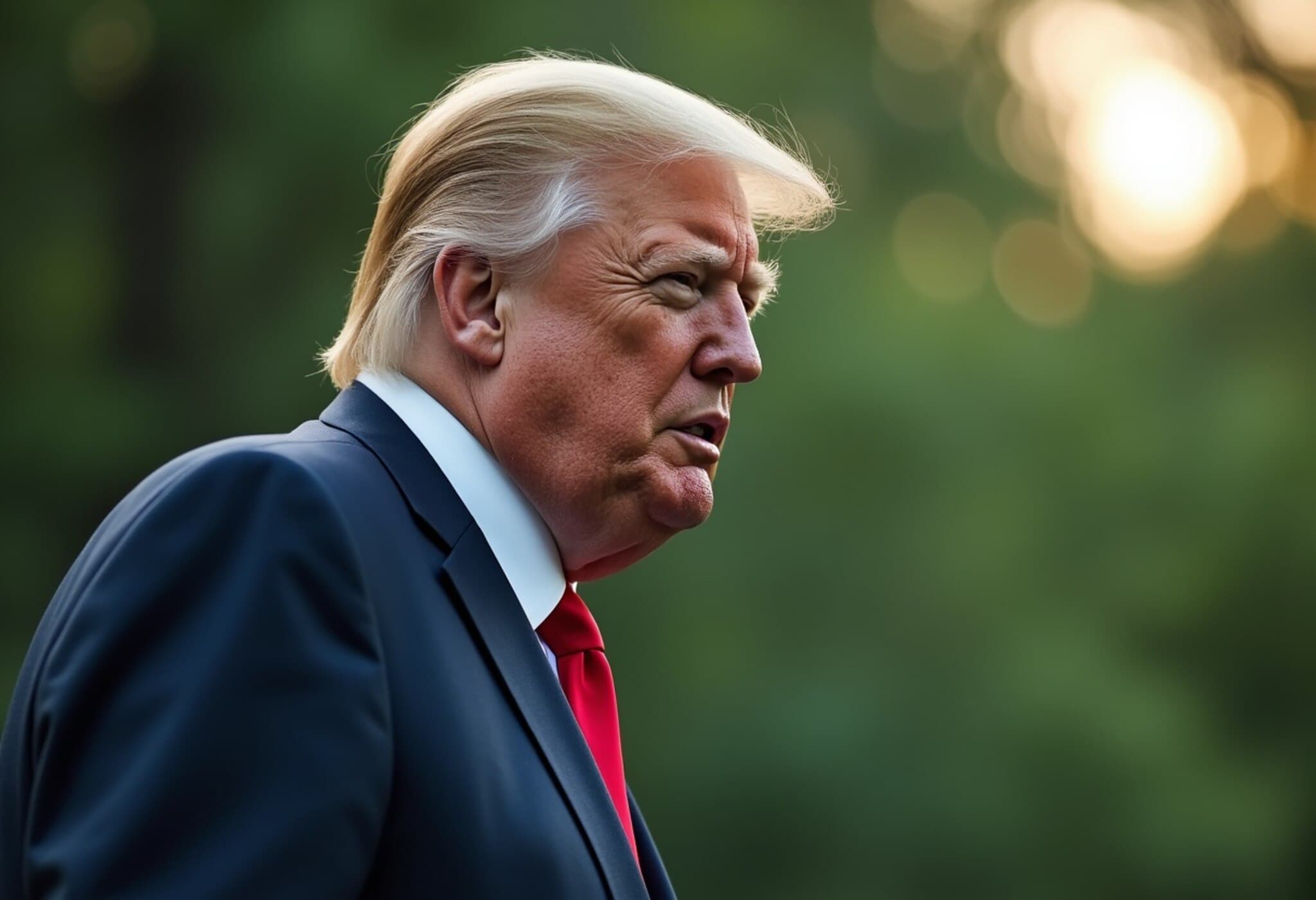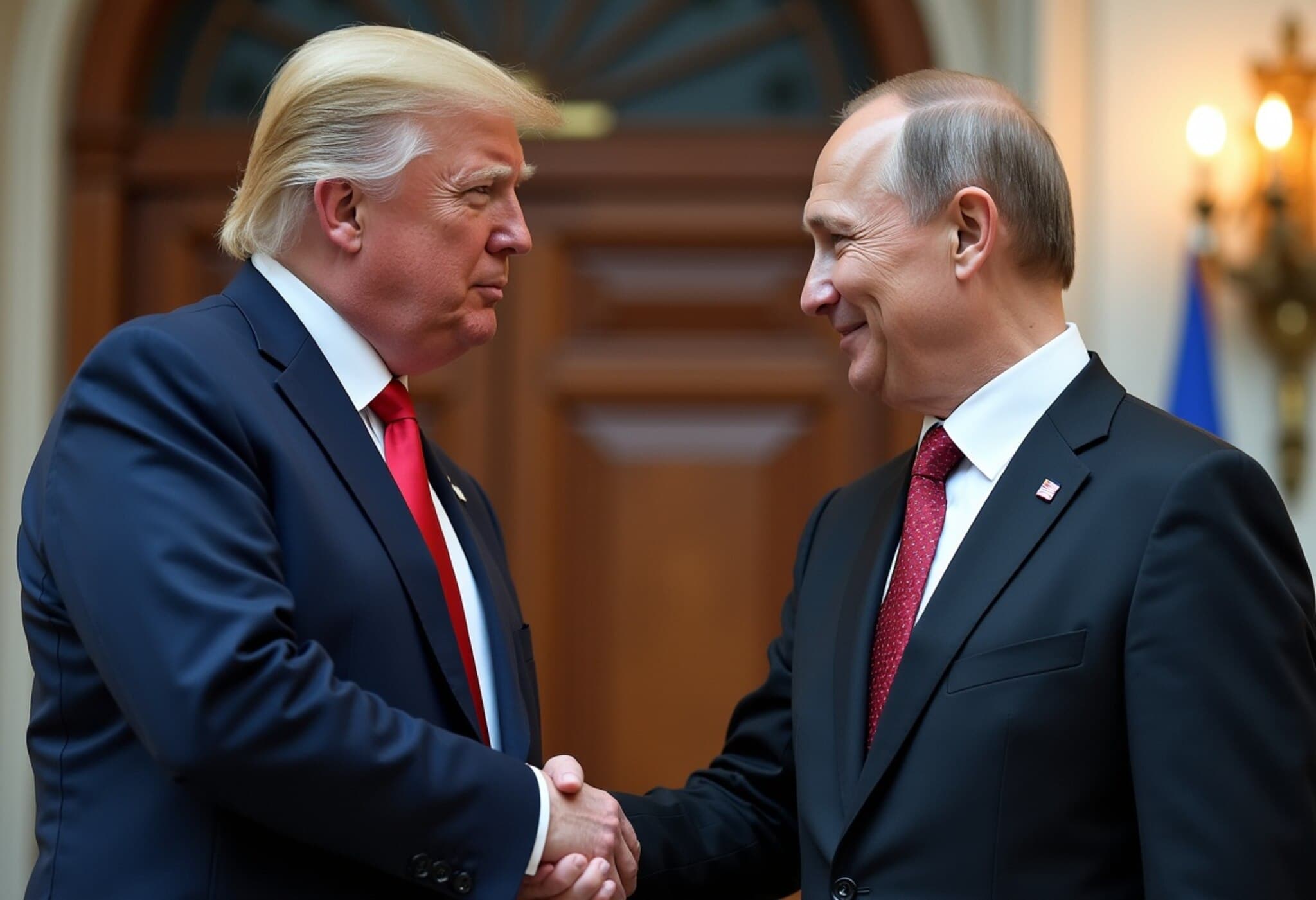Trump Announces Tammy Bruce as Deputy US Representative to the United Nations
In a significant development on August 10, 2025, former President Donald Trump announced his nomination of Tammy Bruce, the White House State Department spokesperson since January, as the next U.S. Deputy Representative to the United Nations. This nomination illustrates Trump’s intent to maintain a strong "America First" presence on the global stage through trusted allies.
Who is Tammy Bruce?
Tammy Bruce is no stranger to the political arena. Before serving as State Department spokesperson under Trump’s administration, she spent over two decades as a political contributor and commentator at Fox News. Her public voice is marked by a clear conservative perspective, exemplified by her authorship of books like "Fear Itself: Exposing the Left’s Mind-Killing Agenda", where she critiques liberal ideologies and policies.
Her tenure as spokesperson has involved staunchly defending the administration’s contentious foreign policies, including immigration crackdowns, visa revocations, and U.S. diplomatic responses to complex conflicts such as Russia’s war in Ukraine and the ongoing hostilities in Gaza. Bruce has notably faced backlash for the U.S. position on controversial armed private aid operations in Palestinian territories.
Official Confirmation Process and Political Landscape
While Trump’s social media announcement celebrated Bruce’s "fantastic job" and expressed confidence in her capabilities, her appointment remains subject to U.S. Senate confirmation. Fortunately for Bruce, the Senate is controlled by Trump’s Republican Party majority, potentially smoothing her path to the role.
In her post following the nomination, Bruce expressed gratitude and eagerness to advance America First leadership and values on an international platform, suggesting the transition could occur within "a few weeks." However, neither she nor Trump provided definitive timelines.
“Thank you President Trump! So grateful for his trust in nominating me as the Deputy Representative of the US at the UN. I’ve been honored to serve as Spokesperson, and now I’m blessed that in the next few weeks my commitment to advancing America First leadership… continues on the global stage in this new post.” — Tammy Bruce (@HeyTammyBruce)
Context: Leadership at the U.S. Mission to the UN
Tammy Bruce will serve under the incoming U.S. Ambassador to the United Nations, Mike Waltz, another Trump nominee whose Senate confirmation is pending. Waltz replaced Trump’s former national security adviser, who was removed following a scandal involving discussions about military operations in Yemen. The pairing of Waltz and Bruce signals an administration preference for loyalists with security and media experience, positioning the U.S. for a robust but controversial role in international affairs.
Expert Commentary: Implications for U.S. Foreign Policy
Bruce’s nomination comes at a critical juncture for U.S. diplomacy, where messaging and image management are as important as policy substance. Her media background and combative political style could influence how the U.S. communicates its agenda at the UN, especially amid ongoing global conflicts and increasing Republican emphasis on nationalism.
However, this nomination raises critical questions about the balance between political loyalty and diplomatic expertise. Skeptics wonder whether Bruce’s ideological approach might hinder bipartisan consensus-building at the UN, an environment that often requires nuance and coalition work beyond domestic political narratives.
Broader Political and Legal Considerations
- Senate Confirmation Dynamics: Given the party majority, Bruce is likely to be confirmed, but potential opposition from moderates or Democrats could focus scrutiny on her past commentary and policy positions.
- Impact on U.S. Global Standing: How Bruce navigates complex issues like the Russia-Ukraine war and Middle East conflicts will be closely watched and could affect U.S. influence and alliances.
- Domestic Political Messaging: Her appointment may bolster Trump's base by reinforcing America First values abroad but risks alienating international partners who view such stances as unilateral or confrontational.
What to Watch Next
As the nomination progresses through the Senate, observers should monitor:
- The timeline and outcome of Bruce’s Senate confirmation hearings.
- Her initial priorities and statements upon assuming the deputy role at the UN.
- The coordination and policy alignment between Bruce and Ambassador Waltz.
- Reactions from global diplomats and media regarding the U.S. team’s composition and approach.
Editor’s Note
Tammy Bruce’s ascent to the deputy representative role at the United Nations signals a continuity of Trump-era ideological influence in U.S. foreign policy. While her media savvy and political loyalty may be assets in advancing a clear America First agenda, the nuanced realities of international diplomacy pose inherent challenges. As her confirmation unfolds, questions about the effectiveness of politicized diplomacy and its impact on America's global relationships will inevitably come to the fore. Readers and policymakers alike should consider how this nomination fits into the broader trajectory of U.S. engagement with the world in a rapidly shifting geopolitical landscape.

